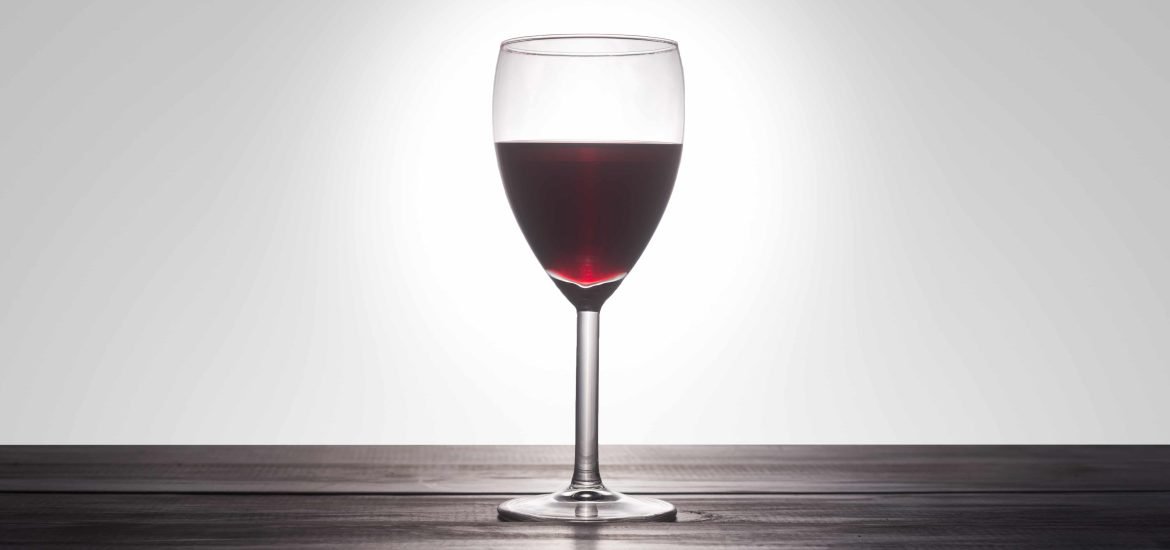
New research shows that the right combination of exercise, sleep and wine can help stave off Alzheimer’s disease.
Previous research has shown that Alzheimer’s is caused by the accumulation of proteins called amyloid-beta plaques in the brain, which kills neuron cells.
Scientists have found that increasing one’s heart rate through exercise, getting enough sleep each night and drinking 25ml of wine each day can help boost the brain’s ability to clean itself and protect against the build-up of these toxic proteins linked to Alzheimer’s.
Speaking at the Cheltenham Science Festival, Dr Ian Harrison, from University College London, said current research is focusing on figuring out how to prevent the brain’s self-cleaning processes, known as the glymphatic system, from failing.
Although scientists have known that consistently getting enough sleep and exercising regularly can help counter mental decline, they did not understand how this occurs until now, reports The Telegraph.
Studies in mice focusing on cerebrospinal fluid, a clear fluid found in the brain and spinal cord, have shown that the right amounts of exercise, sleep and alcohol can stimulate the brain’s ability to clean itself. Researchers found that the glymphatic system in mice that were asleep was 60% more active than in those that were awake.
“This is good evidence that the glymphatic system is active during sleep,” said Dr Harrison. “If that is anything to go by, we should all be sleeping a lot more than we are.”
Dr Harrison added: “That kind of makes sense because, if you think about it, when your brain is active during the day these brain cells are going to be actively producing all these waste products, so it is only at night when our brain switches off that it has the chance to switch on our glymphatic system and get rid of all these waste products.”
The studies also showed exercise to have a positive effect. Although some cerebrospinal fluid was found to penetrate the brain in sedentary mice, exercise increased the amount of cerebrospinal fluid that entered the brain, thereby stimulating glymphatic function.
“When animals have voluntary access to exercise there is a massive increase in glymphatic function,” said Dr Harrison. Scientists attributed this increase to a faster heart rate during exercise.
Small amounts of alcohol were also found to boost glymphatic activity. Mice that were given low doses of alcohol – equivalent to about 25ml of wine for humans – over the course of 30 days experienced an increase of 30 to 40% in the brain’s self-cleaning activity.
Drinking more than 25ml, however, could have the opposite effect. Mice that were given intermediate and high doses of alcohol showed decreases in the brain’s self cleaning system.
“If the mouse data can be extrapolated the glymphatic system can be lowered” with even one unit of alcohol per day in humans, Dr Harrison explained.
“So, sleep more, exercise and, as the data suggests, you can have a drink, but only a third of a unit of wine per day.”